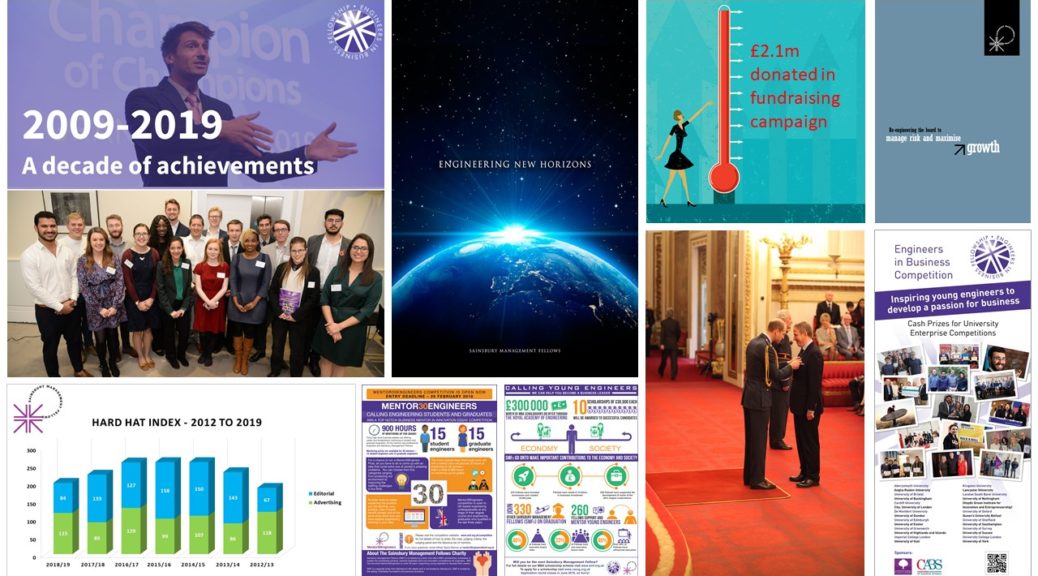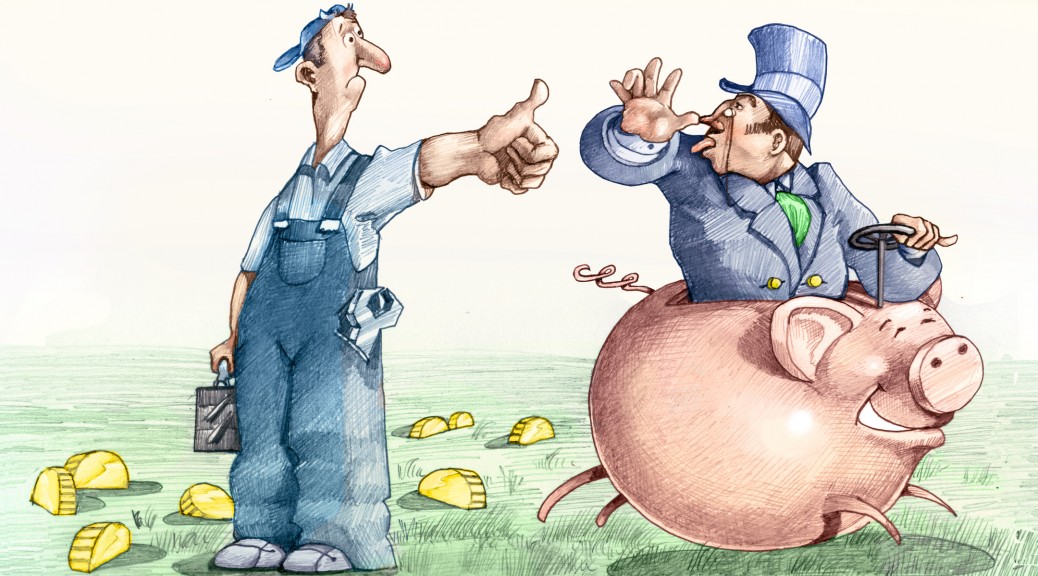
The world of tech startups is peppered with stories of overconfident, brilliant entrepreneurs who disrupt the way business is done in traditional sectors, transforming consumer behaviour and challenging current legislative frameworks, often with detrimental outcomes to their business as in the landmark Uber employment rights case.
High profile tech innovators are sometimes branded arrogant “jerks” who try to by-pass national regulations in order to achieve success. But is the fair? Is arrogance a prerequisite to achieving a major shift in consumer economic behaviour? The new Sainsbury Management Fellows Business Survey asked business leaders/entrepreneurs for their views on the behaviour of Unicorns (billion dollar valued start-ups), with some divergent views.
Arrogant or just determined? Divided opinion
Sixty-seven of the 150 opted-in panellists took part in the survey and 37.5% agreed that Unicorns in the sharing economy are arrogant in their compliance with regulation and interestingly, over 51% of all respondents said that a degree of arrogance is actually required for new technology startups in traditional markets to beat incumbents and grow.

Echoing similar views among the 51% of respondents, David Bell, an engineering graduate on Rolls-Royce’s development programme said, “In order to gain advantage in the sharing economy Unicorn startups had to exploit loopholes and gaps in existing rules to rapidly develop market share before regulators can act to prevent these unforeseen practices. While no specific company was put in the spotlight, Bell said that some of the tactics include ignoring regulator warnings, claiming new technology’s exemption from old rules, asking customers to lobby on their behalf, and asking for forgiveness and paying penalties after their market position has already been established.”

On the flip side, just over 42% of all panellists stated that arrogance is not a prerequisite for success and startups are misunderstood and the public should not “confuse arrogance with self-confidence.” In this group’s view, such startups are simply pushing boundaries, testing new models and finding new ways of competing with incumbents.”
No place for arrogance in business
Successful serial entrepreneur Chris Martin, CEO of ADC Therapeutics SA said, “There is no room for arrogance in business – startup or not. Some Unicorns I have worked with were best in class and so may have been perceived as arrogant when they were just very, very good.”
Sinead O’Sullivan, an MBA candidate at Harvard, an aerospace engineer and entrepreneur stated that it is vital that not all startups are painted “with the ‘arrogance’ brush.” Some tech startups are being led by millennials who can appear overconfident.”
While some startups can be arrogant, most aren’t. Some simply operate with supreme “self-confidence and dogged single-mindedness,” said Phil Strong, CEO at Zymbit.
The role of arrogance in business
Asked to name a company that behaves arrogantly, unprompted 18% of respondents named seven companies, with Uber taking pole position. The others were Prowler, Theranos, Avery Dennison, Airbnb, Tesla, and Dyson.
Led by CEO Travis Kalanick, Uber develops markets and operates the mobile app which provides on-demand taxi service, connecting passengers to cab drivers at much lower costs than other services. While many deem Kalanick to be a brilliant entrepreneur and legendary CEO, he is also generally perceived to operate in an arrogant way. While this arrogance is seen by some as negative, the trait is said to be rampant in Silicon Valley, with investors rewarding supposedly callous tactics with tons of capital. The view of the Uber leadership is that it consistently acts as if the company is above the law and the ethical norm.
Sinead O’Sullivan reinforced this point saying, “While misplaced confidence can be damaging to the reputation of a company, this behaviour is encouraged by “the way the whole venture capital game works.”
Demonstrating polarity of views, one entrepreneur, Nimesh Thakrar, CEO of Banneya gave Uber kudos for changing “the status quo of how we are currently operating in that [taxi] space”, and that policies and regulations “need to change and be reflective of the modern world we live in.” However, another young entrepreneur Farid Singh argued that the way Uber has gone about doing things has become “similar to dumping free inventory” and that while “regular taxi services run out of cash and have to shut down, they [Uber] start squeezing the drivers and raising their prices”. He believes that these practices have created an “unchecked monopoly”.
Airbnb, the world’s fourth largest startup is criticised for its supposed arrogance by the American Hotel and Lodging Association (AHLA). The AHLA launched several campaigns to counter Airbnb’s so-called hypocrisy and to fight for “the need to curb illegal hotels and ensure a level playing field”. As one panellist stated, startups are not always good just because they’re new, claiming that “Airbnb has damaged B&B markets.”
In the final analysis…
While some of the SMF panellists deemed Unicorn startups as arrogant, others see this arrogance as merely a change in the way business and business owners are pacing themselves. Startup owners and operators are seen as bold movers and shakers who “challenge incumbents” and are in the business of “exploring new ways of solving old problems” said one panellist. The leaders of Unicorn startups are seen as new types of entrepreneurs who emphasise the need “to strive for survival and reproduction.”
Some respondents felt that the term “arrogance” is “emotionally charged” and has “strong negative overtones” and that society should be acknowledging their achievements; focusing on how these companies are pushing boundaries, testing new models, creating change and improving services for consumers.
Sainsbury Management Fellow and venture capitalist, James Raby argued that subverting regulation can be catastrophic for long term success. “Some startups regard regulation as the enemy. Because entrepreneurs are bringing new technology to the market, they think it is a protective shield from regulation. The standard response is to disavow regulation, yet everything that’s old is not necessarily bad. Startups should embrace regulation if they are serious about long-term success. They need to recognise that to work in real markets they must cooperate in a regulated market, as I’m sure the manufacturers of driverless cars will realise.
This means startups need to employ people who understand regulatory frameworks and the detail of how they apply in different markets and cultures. Without this depth of understanding, companies side-stepping regulation will be challenged and regulation will catch up with them.”
As SMF implores startups to re-think their approach to regulation, perhaps there is also a need for the regulators to improve their understanding of technology and be quicker at managing technology shifts.
photo (c) nuvolanevicata


















